Guide for Immigration to Canada during COVID-19
Immigration, or simply moving abroad for a while, is a daunting process at the best of times. Now, the challenges of immigrating to Canada during COVID-19 are multiplied. However, chances are, for many of you, the wheels to move to Canada were set in motion prior to the start of the COVID-19 pandemic. Below we’ve provided some key information and the latest updates regarding travel to Canada during the pandemic.
Are there Travel Restrictions in Canada?
Who can enter Canada during COVID-19 Pandemic?
Which Foreign Nationals are eligible to Travel to Canada now?
Who else is exempt from Canada’s COVID-19 Travel Restrictions?
Is the Canadian Border open to the United States?
What happens when I arrive in Canada?
How long must I quarantine when entering Canada?
Here are some quick answers to the top questions people have been asking:
Is travel to Canada restricted?
It is limited to non-essential travel from international destinations including the United States.
See here for more details.
Who can enter Canada during COVID-19?
Canada is restricting entry to Canadian citizens, permanent residents, persons registered under Canada’s Indian Act, protected persons and eligible foreign nationals.
Which foreign nationals can enter Canada now?
Only foreign nationals (including Americans) who are immediate family members of a Canadian citizen or permanent resident and who are staying in Canada for at least 15 days.
For additional details, see here.
Who else is exempt from Canada's COVID-19 travel restrictions?
Temporary foreign workers performing essential services, permanent resident applicants, international students, transiting passengers, invitees of the Minister of Health, or individuals making medical deliveries. For details, see here.
Is the Canadian border open to the United States?
No. For a detailed explanation, see here
What happens when I arrive in Canada?
You must quarantine for at least 14 days and provide the Canadian Border Service Agency at your point of entry with a quarantine plan.
Has Canada made it easier for Hong Kong residents to immigrate?
Yes. This November 2020, Canada announced two new immigration pathways for some Hong Kong residents, and implemented new measures helping asylum claimants. For details see our Immigrating from Hong Kong section.
Are there Travel Restrictions in Canada?
Currently, Canada continues to restrict non-essential travel from international destinations including the United States. Domestically, travel is permitted but some provinces (Nova Scotia, Newfoundland and Labrador) require domestic visitors to self-isolate for 14 days.
- An International Travel ban is in place except for those who fall under specific exemptions to the ban. This ban covers all countries except for the US who is governed by a separate travel ban.
- The land border between Canada and the US will remain closed until September 21st but air travel is permitted in special cases. More details on the Canada/US border here.
Who can enter Canada during the COVID-19 Pandemic?
Currently, Canada is only permitting the following people to enter:
![]() Canadian citizens
Canadian citizens
![]() Permanent residents of Canada
Permanent residents of Canada
![]() Persons registered under Canada’s Indian Act
Persons registered under Canada’s Indian Act
![]() Protected persons
Protected persons
![]() Eligible foreign nationals
Eligible foreign nationals
Simple, Easy House Hunting here!
Which foreign nationals are eligible to travel to Canada now?
Foreign nationals, including Americans, can only travel to Canada if:
1. They are immediate family members of a Canadian citizen or permanent resident. More specifically:
- Spouse or common-law partner;
- Dependent child, as defined in section 2 of the Immigration and Refugee Protection Regulations, or a dependent child of the person’s spouse or common-law partner;
- Dependent child;
- Parent or step-parent or the parent or step-parent of the person’s spouse or common-law partner;
- Guardian or tutor.
2. They are staying in Canada for at least 15 days.
If you’re staying for less than 15 days, you must meet the same requirements as all other foreign nationals.
For the latest information on COVID-19’s impact on immigration, please check canada.ca.
Who else is exempt from Canada’s COVID-19 travel restrictions?
There are some exemptions to the international travel ban. They include, but are not limited to:
- Temporary foreign workers who are coming for an essential purpose – workers who have a valid work permit and normally live in Canada or a letter of introduction for a work permit and a valid job offer which ensures you can work once you’ve completed your mandatory quarantine.
- Permanent resident applicants who had been approved for permanent residence before the travel restrictions were announced on March 16, 2020, but who had not yet travelled to Canada.
- International students with a valid study permit, or ones who were approved for a study permit on or before March 18, 2020.
- Transiting passengers, but must remain in the secure transit area of a Canadian airport to complete their connection.
- Any person who is coming at the invitation of the Minister of Health for the purpose of COVID-19 assistance.
- Any person whose purpose is to make medical deliveries.
For a complete list of those who are exempt, visit the Government of Canada website here.
For assistance with Visas or Working Permits, we recommend our partner VisaFirst for experienced, affordable guidance and stress-free processing help.
For the latest information on COVID-19’s travel restrictions, please check canada.ca.
Is the Canadian border open to the United States?
No. The Canada/U.S. border will remain closed to non-essential travel until at least September 21, 2020. At that point, the situation will be assessed and a decision on its re-opening will be made.
Immigrating from Hong Kong
In November 2020, Immigration, Refugees and Citizenship Canada (IRCC) announced measures that would expedite immigration to Canada for some Hong Kong residents. Specifically, these new measures are designed to:
- Facilitate the quick entry of Hong Kong students and youth to Canada on work and study permits;
- Provide new permanent residence pathways to stay permanently. These will also benefit Hong Kong residents already in Canada on work and study permits;
- Expedite the return of Canadian citizens, and permanent residents in Hong Kong, ensuring quick processing of any necessary documentation.
- Speed up processing of permanent residence applications, including family sponsorship. Spouses or common-law partners who are applying in Canada can apply for an open work permit.
- Promote super visas for parents and grandparents that allow for multiple entries to Canada for up to 2 years at a time over a period of up to 10 years.
Canada is also waiving the application processing fees for Hong Kong residents currently residing in Canada on a temporary basis and looking to extend their stay. In addition the IRCC is amping up its promotional and recruitment efforts to attract Hong Kong youth to Canada through programs like International Experience Canada which has resumed operations after a COVID-19 pause.
>> Recommended Reading: BC Tenancy Act
Two New Pathways to Permanent Residency
These will launch in 2021 and will enable the following groups to apply directly for permanent residency in Canada:
- Young Hong Kong residents with one year authorized work experience in Canada and who meet minimum language and education requirements.
- Young Hong Kong residents who have graduated from a Canadian post-secondary institution.
For both of these pathways, the principal applicants can include spouses, partners and dependent children on their applications.
New Open Work Permit
Canada is also launching a new open work permit initiative for Hong Kong Residents valid for up to 3 years. It is an option available to those who have completed post-secondary education in Canada or abroad within the last 5 years. Eligible spouses or common-law partners and dependent children will be able to also apply for a study or work permit.
>> Recommended Reading: So You Want to Study (& Work) in Canada
What happens when I arrive in Canada?
You must quarantine for at least 14 days and provide the Canadian Border Service Agency at your point of entry with a quarantine plan that clearly outlines how you’ll travel to your destination, acquire groceries and access essential services and medical care. This is a mandatory requirement.
How long must I quarantine when entering Canada?
You must quarantine for at least 14 days. Upon entry to the country by air, land or sea, you will be asked to provide the Canadian Border Service Agency official with a quarantine plan that clearly outlines how you’ll travel to your final destination, acquire groceries and access essential services and medical care.
RECOMMENDED: What’s the Difference between Quarantine, Self-Isolation and Social Distancing?
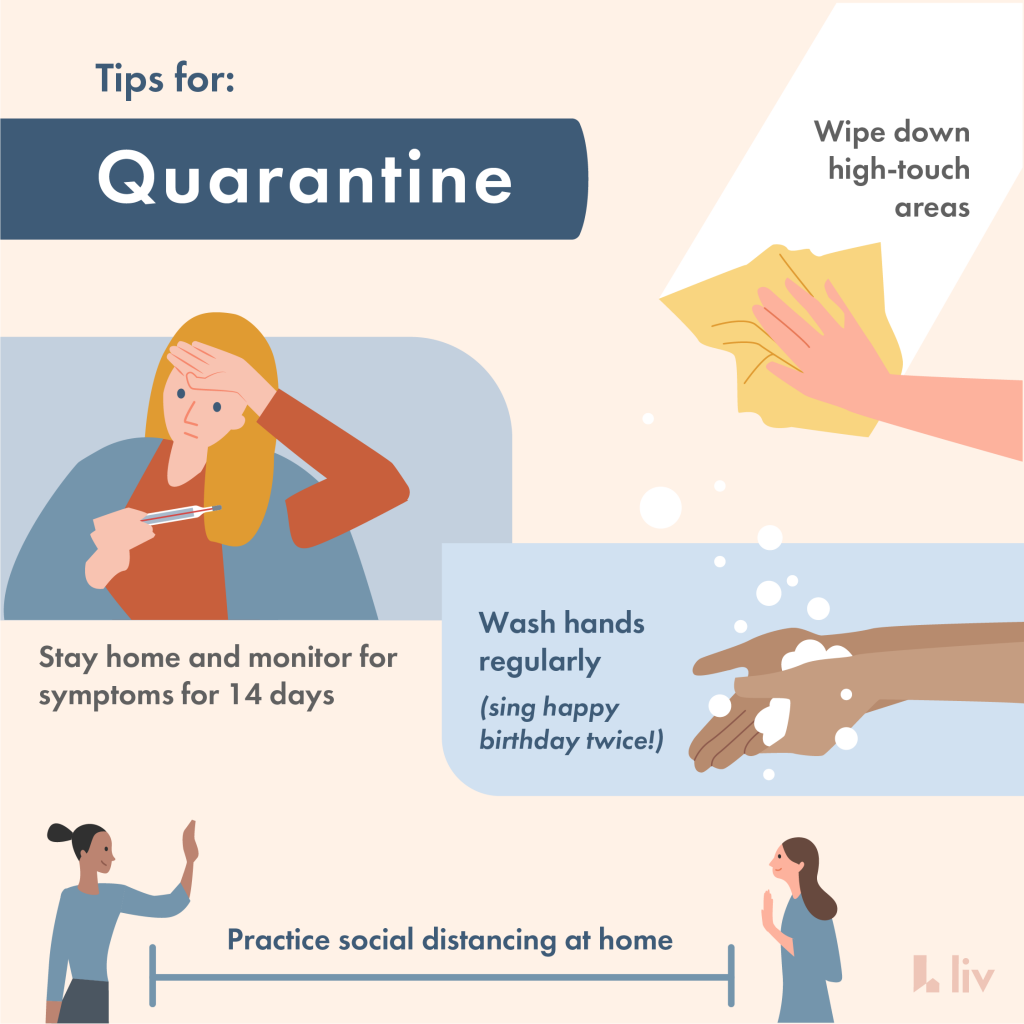
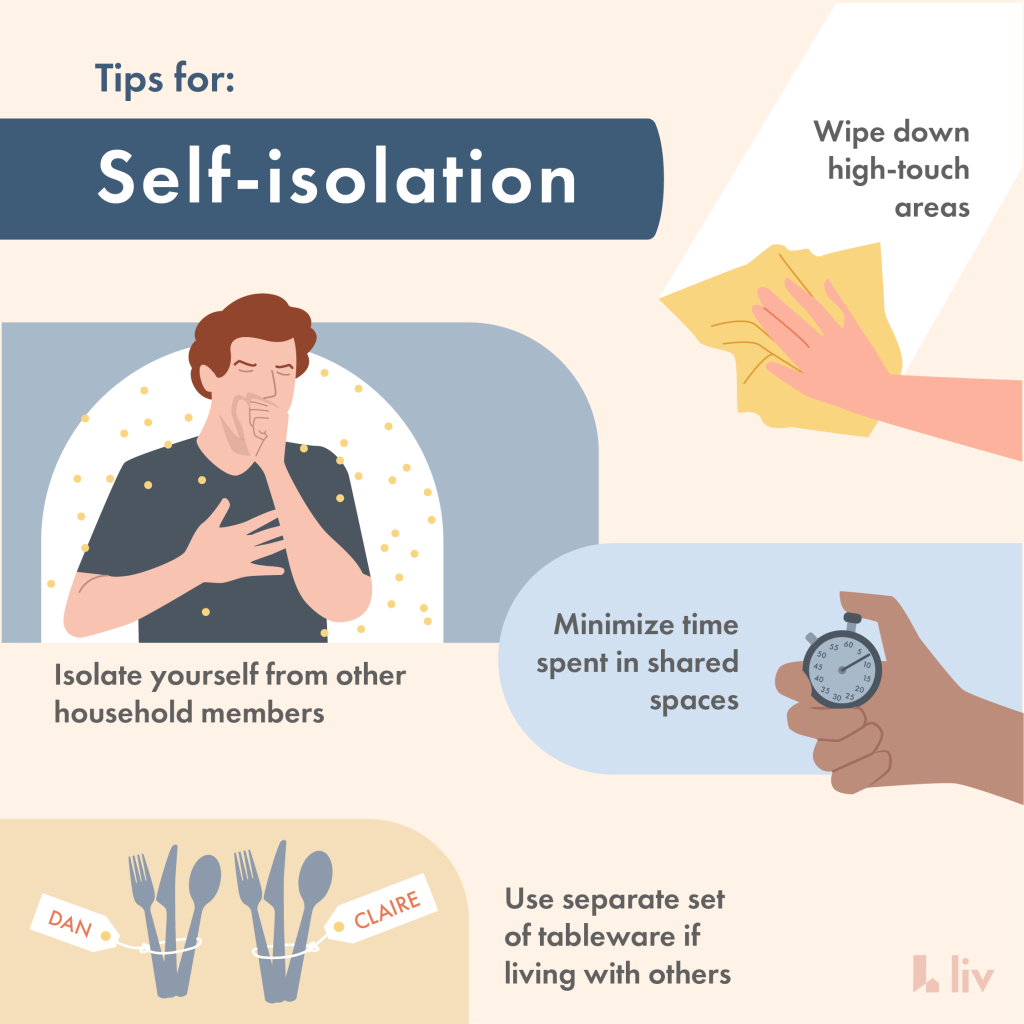
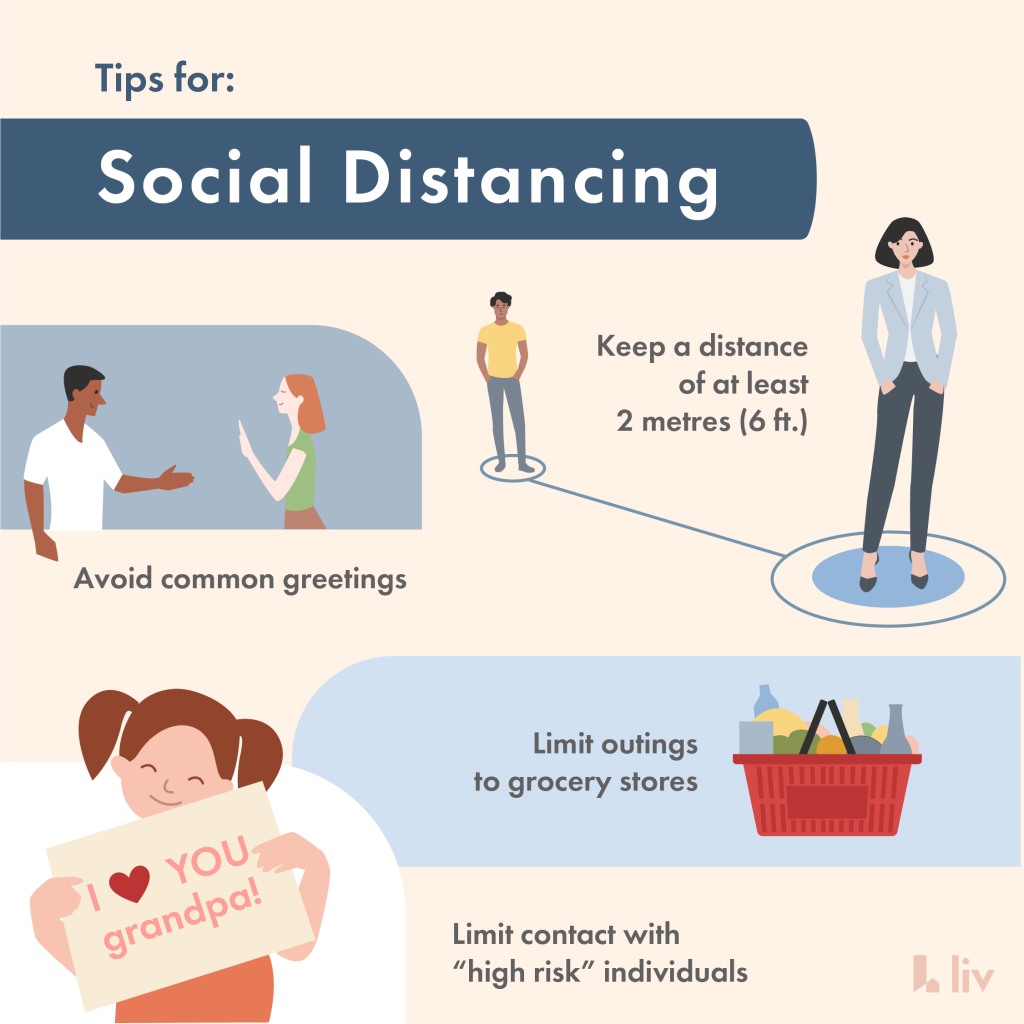
Average Cost of Living in Canada
The average cost of living in Canada is considered higher than many countries but for others, like Hong Kong residents and many Europeans, Canada will seem relatively affordable. Below we’ve provided the average cost of living for a single person and a family of four taking into consideration food, housing ,clothing, transportation and personal care costs.
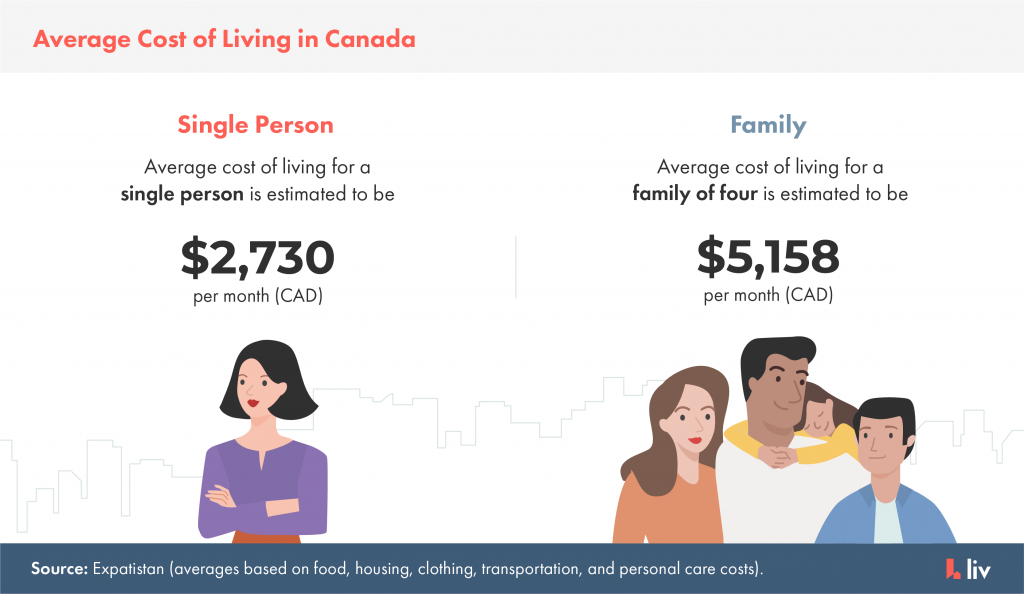
What to do before landing in Canada?
This is something we wholeheartedly recommend – taking care of as many re-location tasks as possible from abroad. Thanks to technology, this can be easy and efficient. In addition to the obvious Canadian government requirements like visas, permits, and other valid travel documentation, here’s a list of other tasks you can check-off before entering Canada:
- Secure Bank Statements. Ensure you have bank statements ready and a letter from your bank stating investment and savings amounts. These will be required by landlords as you will not have a Canadian credit history they can access.
- Secure housing. Use the liv.rent platform for simple, easy house hunting. Open a conversation with landlords, submit a rental application, sign contracts, and even pay rent through the app. The perfect, touch-free way to rent during a pandemic.
- Secure a Canadian cell phone number. This will be vital. Having an active local number in advance will help you open utility accounts, bank accounts, and more; in addition, you may be asked for a domestic number at your point of entry. We recommend Phonebox to newcomers – a Canadian mobile service provider that allows you to easily order and activate a PhoneBox SIM Card online in minutes – from anywhere. PhoneBox offers free international shipping for SIM cards and can set the activation date as the date of your arrival.
- Secure utilities – Once you have signed a lease and have a Canadian address secured, you can begin setting up utilities and scheduling the necessary visits through the company websites (BC Hydro, Fortis, Telus).
RECOMMENDED: Fresh from Brazil: A Newcomer’s Guide to Canada
For more tips on moving during a pandemic, check out our article on Tips for Moving During COVID-19. And find more COVID-19 related resources here:
- Immigrating to Canada during the COVID-19 Pandemic
- Renting During COVID-19: Tips for Moving During the Pandemic
- Renting During COVID-19: A Renter’s Journey
- Renting During COVID-19: Finding a Roommate
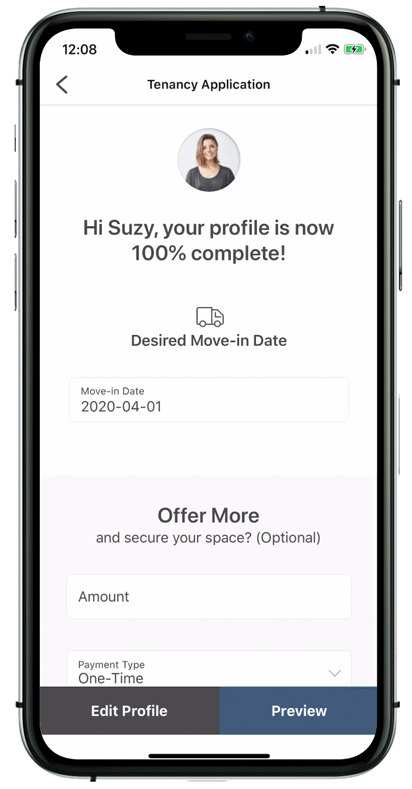
Easy, One-Click Applications
Complete your renter profile once, and apply to multiple places in just a few clicks. When applying to listings on liv.rent, landlords receive a complete overview of who you are as a renter! If you are no longer interested in the listing, withdraw your application at any time. Start your search now.



0 Comments